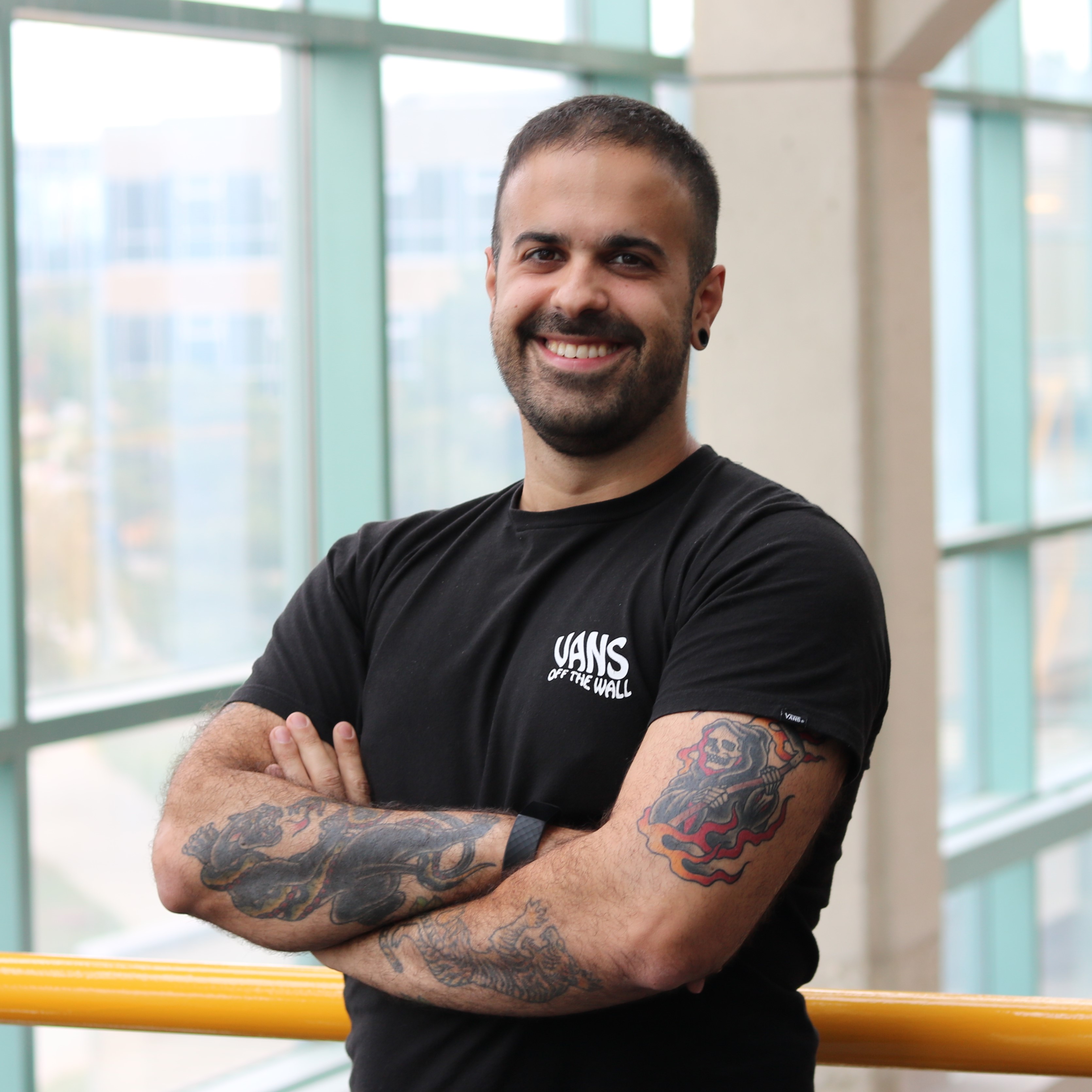Prospective students
Research Topics
I am looking for motivated students that want to do research with me on various privacy topics. My main research topics are:
- Machine learning privacy
- Privacy-preserving searchable encryption
- Anonymous communications
- Location privacy
Please check my Research Page for an informal description of each of my research lines (written, mostly, for prospective students). Besides these directions, I am open to work on privacy-related topics if there is common interest. Usually, if the problem involves reasoning about what privacy is, how to measure it, and how to provide it, I might be interested. My work sometimes uses cryptographic techniques, but I am not an expert (and thus not a good supervisor) for someone that wants to work in pure crypto, systems security, or network security.
What am I looking for?
Becoming a grad student is a big time commitment. You are going to spend at the very least (for master’s degrees) two years doing research on a topic. Being happy with your research topic (and with research itself) is very important! Do not do a research-based masters just for the sake of getting a master’s degree (we have a course-based master’s program if you do not want to do research). Thus, motivation is very important. Ask yourself questions like: why does research sound interesting to you? Why research on privacy? Why at UBC and/or with me?
Other skills that I am looking for:
- For machine learning research: Proficiency in a machine learning library (I prefer PyTorch) is important. You should understand the basics of ML training (e.g., backpropagation), be familiar with basic architectures, and have performed well in ML courses during your degree.
- For most of the other privacy problems: I usually think of data as a statistical process, and find statistical models to reason about privacy. Familiarity with statistical concepts such as Bayesian inference or estimation/detection is nice! You can also try reading a bit about differential privacy, and see if that is something that you’d feel comfortable working on.
- Privacy-preserving mechanisms can usually be designed by solving some sort of optimization problem. Familiarity with optimization techniques, or having done well in optimization courses, is useful. While machine learning is not required, I am open to using it in privacy design as well.
- If the research we are going to do involves interacting with actual computer systems, getting measurements, and “getting hacky”, experience doing such things also helps. I am actually terrible with computers, but I’m happy to team up with someone that is skilled :)
- If you’ve read cryptography papers, understood them, and found them interesting, that’s probably a good sign that working with me on something related to searchable encryption could be a good fit.
Applying and Emails
I can only accept students that have applied through the general admission process of ECE UBC (MASc or PhD programs). Therefore, there is no need to send me an email letting me know you want to apply: I will review all the files of applicants that have selected my name as potential advisor, even if we haven’t talked prior. I get a lot of emails from prospective students, and sadly most of them are from students with loosely related research areas. I end up getting overwhelmed, putting all of them in a folder, and maybe read them when it’s too late.
If you email me because you have a specific question about a paper of mine that you have read, then I will really try to reply. If you are a UBC student and want to talk about research or grad life, I will try to meet you and we can chat briefly (only if life is not too busy). If something on my website/research really caught your attention and you want to tell me you are interested in doing research with me, I will try to reply, but keep in mind that I might miss it (see paragraph above). This doesn’t mean I don’t want to do research with you, but being a professor is busy :(
